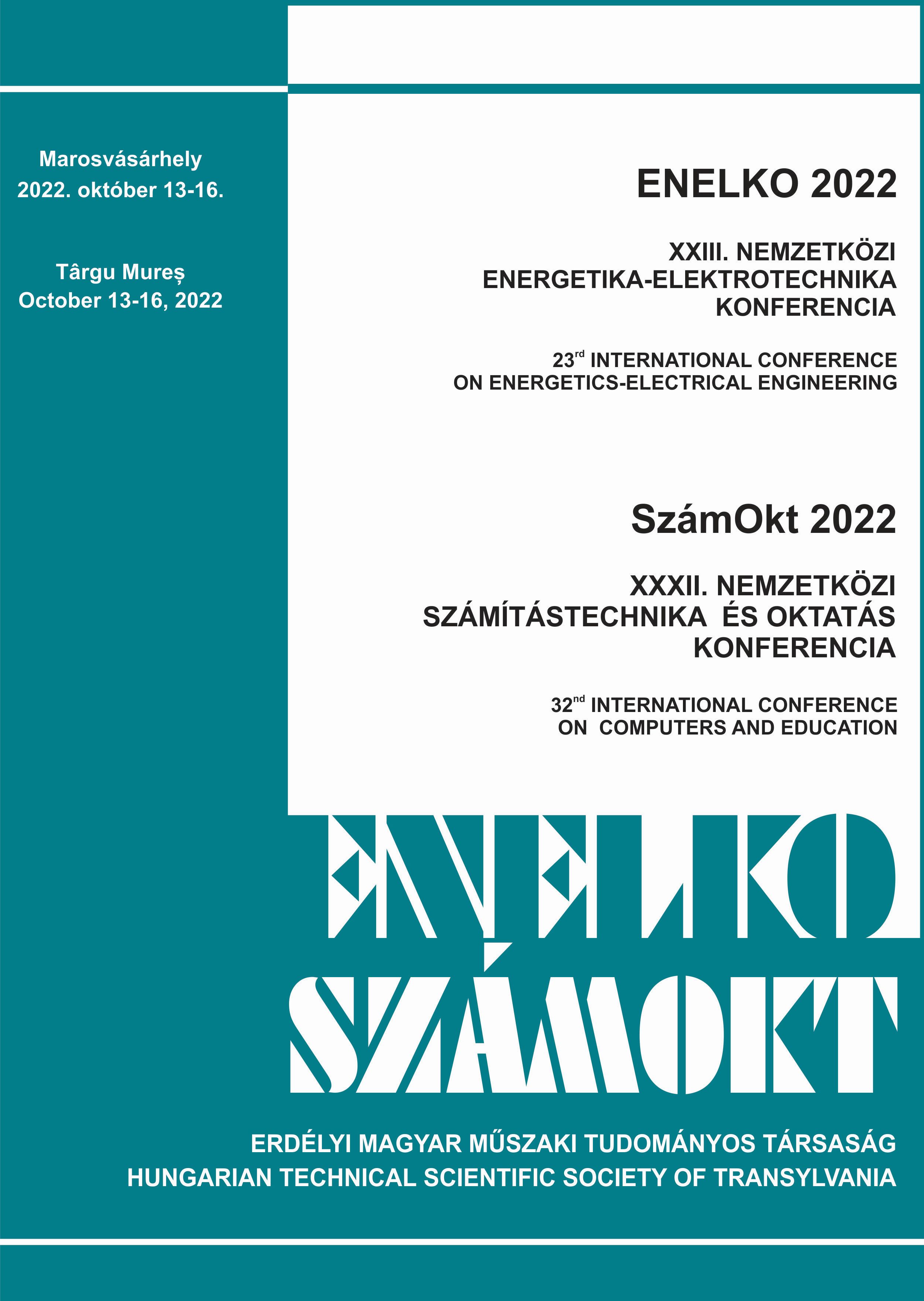A távoktatás felnőtt tanulóinak e-készségei
E-skills of adult learners in distance learning
Keywords:
higher education, distance learning, e-learning, e-skills, felsőoktatás, távoktatás, e-készségekAbstract
The study presents successful models and strategies for the introduction of e-learning in higher education institutions by analysing the literature. The study asks does adult learners in higher education have the digital skills they need to succeed in their studies? An analysis of the age characteristics and learning habits of distance learning students, which are different from those of full-time students, may provide answers to this question. I will present the attitudes and characteristics of distance learning students at Széchenyi István University based on an empirical study.
Kivonat
Az e-learning oktatási szemlélet felsőoktatási intézményi bevezetésének sikeres modelljeit, stratégiáit a szakirodalom elemzésével mutatja be a tanulmány. A tanulmány arra keresi a választ, hogy a felsőoktatás felnőtt tanulói vajon rendelkeznek-e azokkal a digitális készségekkel, amelyek a sikeres tanulmányok elvégzéséhez szükségesek? A távoktatásos hallgatók nappalisoktól eltérő életkori sajátosságai, tanulási szokásainak elemzése választ adhatnak erre a kérdésre. Egy esettanulmány alapján bemutatom a Széchenyi István Egyetem távoktatásos hallgatóinak attitűdjeit, jellemzőit.
References
Al-Fraihat, D., Joy, M. Masa'deh, R., Jane Sinclair, J. Evaluating E-learning systems success: An empirical study, Computers in Human Behavior, Volume 102, 2020, Pages 67-86, ISSN 0747-5632
Bensberg, F. – Dewanto, B. L. Developing, Deploying, Using and Evaluating an Open Source Learning Management System, Journal of computing and information technology, 12(2), str. 127-134., 2004.
Bilgiç, H. G., Dogan, D., & Seferoglu, S. S. Current situation of online learning in Turkish higher education institutions: Needs, problems, and possible solutions. Journal of Higher Education, 1(2), 2011.
Bullen, M. Revisiting the need for strategic planning for Elearning in Higher Education. in: Badrul H. Khan, Mohamed Ally (eds.) The International Handbook of e-Learning, Volume 1, Routledge. p. 398., 2015.
Erdős F., Koloszár L. E-learning a hazai felsőoktatásban: gazdaságossági megközelítés, Gazdaság És Társadalom, 8(2), 105-122., 2016.
Ilgaz H., Gülbahar Y. A Snapshot of Online Learners: e-Readiness, eSatisfaction and Expectations, International Review of Research in Open and Distributed Learning, Volume 16, Number 2, 2016.
Kaya, Z. Distance education. Pegem A Publication, Ankara, 2002.
Kövecsesné dr. Gősi V. Supporting the learning of teaching students with digital tools. Journal of Applied Technical and Educational Sciences, 10(4), 105-124., 2020.
Lim, D. H. Cross cultural differences in online learning motivation. Educational Media International, 41(2), 2004.
Saadé, R. G., He, X., & Kira, D. (2007). Exploring dimensions to online learning. Computers in Human Behavior, 23(4), 2007.
Yilmaz, R. Exploring the role of e-learning readiness on student satisfaction and motivation in flipped classroom. Computers in Human Behavior, 70 pp 251-260, 2017.





